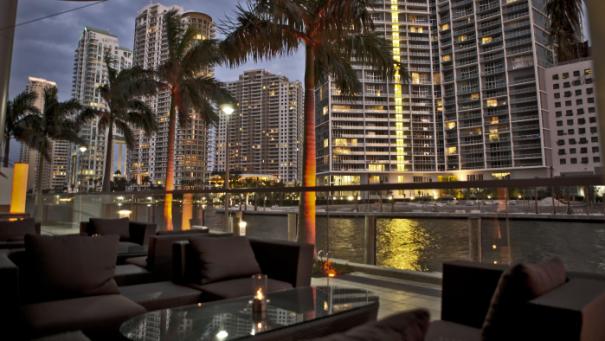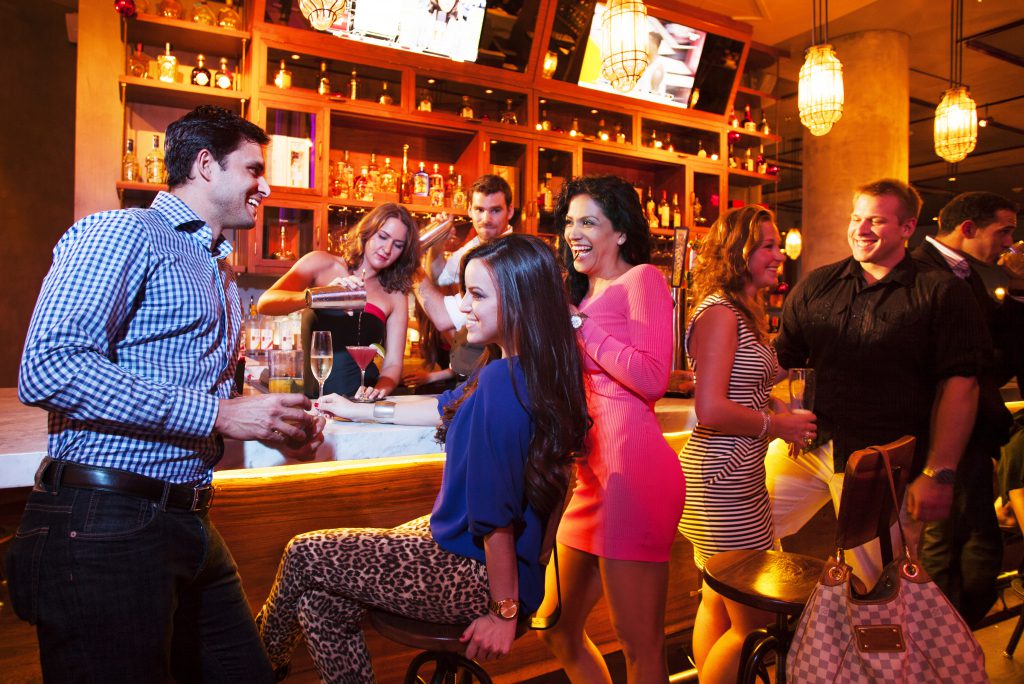Miami has long been known for its sand and surf. But now, the mainland is bringing the heat and redefining what makes this city sexy.
It started five years ago with the downtown Miami openings of Zuma, David Bechkam’s favorite restaurant, and Il Gabbiano, Gabrielle Union’s preferred spot for a romantic night out with husband Dwyane Wade.

That was just the beginning – the floodgates have since opened, with the city’s hottest restaurants shifting from the beach and onto the mainland. Joining the ranks of now-established downtown staples like Zuma, Il Gabbiano, Truluck’s, Toro Toro and Cipriani are a host of soon-to-be classics, signaling a transformation of Miami’s urban core into the region’s culinary epicenter as restaurateurs and chefs race to tap into an exploding population and improving demographics.
READ RELATED: WHY MIAMI’S HOTEL MARKET IS HOT, HOT, HOT
According to the Miami Downtown Development Authority (DDA), more than 40 new restaurants opened in downtown Miami in 2015, including a number of high-profile global brands: STK Miami, PB Station, Quinto La Huella, Coya, River Yacht Club and Komodo, to name a few. More than two dozen restaurants have already opened this year.

This is bigger than just downtown, as recognized names in the culinary scene spill over into nearby neighborhoods like Coconut Grove and Wynwood. Revamped retail and entertainment options in these areas have led to a number of recent additions, transforming the areas into standalone lifestyle destinations. Since Federal Realty purchased CocoWalk last year, 33 Kitchen, Glass & Vine, Ariete and The Spillover have made the Grove their home. In Wynwood, new chef-driven hotspots include Alter, GK Bistronomie, KYU and the Wynwood Yard.

This trend is no coincidence, as restaurateurs look to capitalize on the millennial migration. The latest DDA report finds that more than 60% of downtown residents are between the ages of 25-44. And according to a recent Eventbrite study, more than 3 in 4 millennials (78%) say they would prefer to spend money on experiences like dining and entertainment than tangible goods.
If that’s any indication, the restaurant renaissance is far from over.







 See More Blogs
See More Blogs
Comments